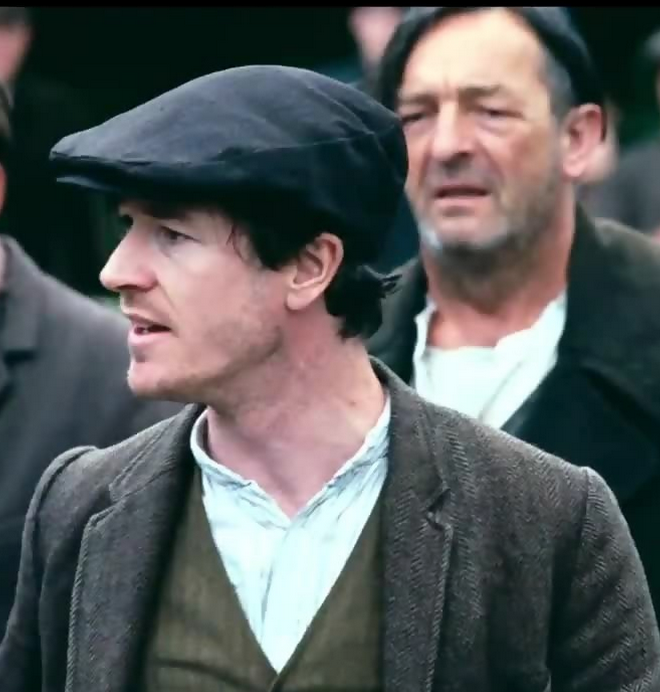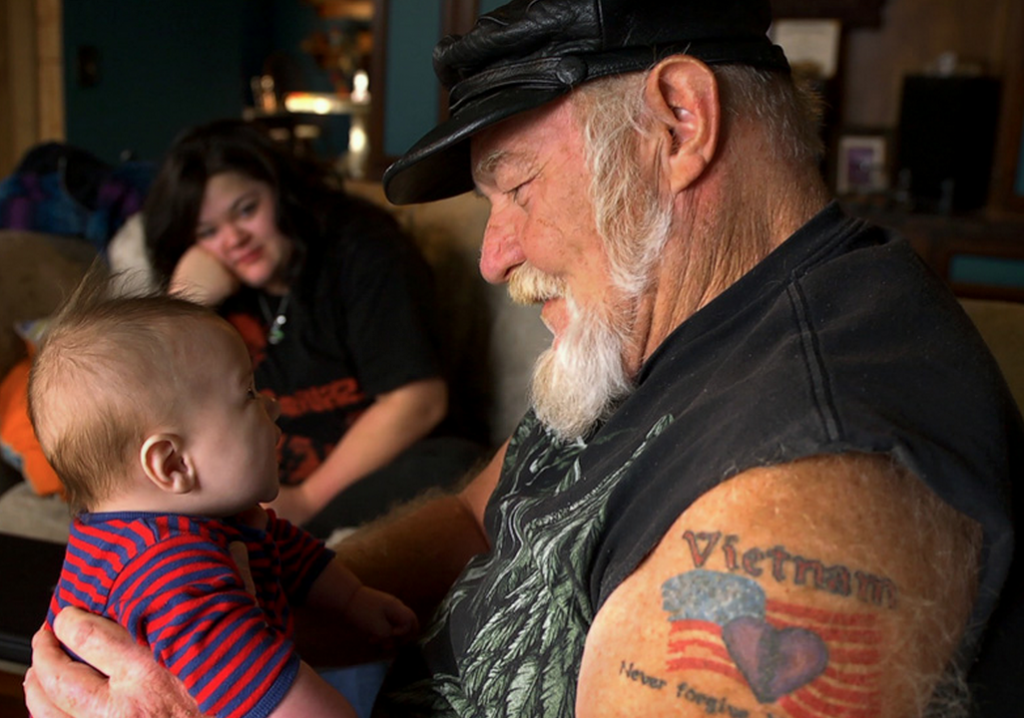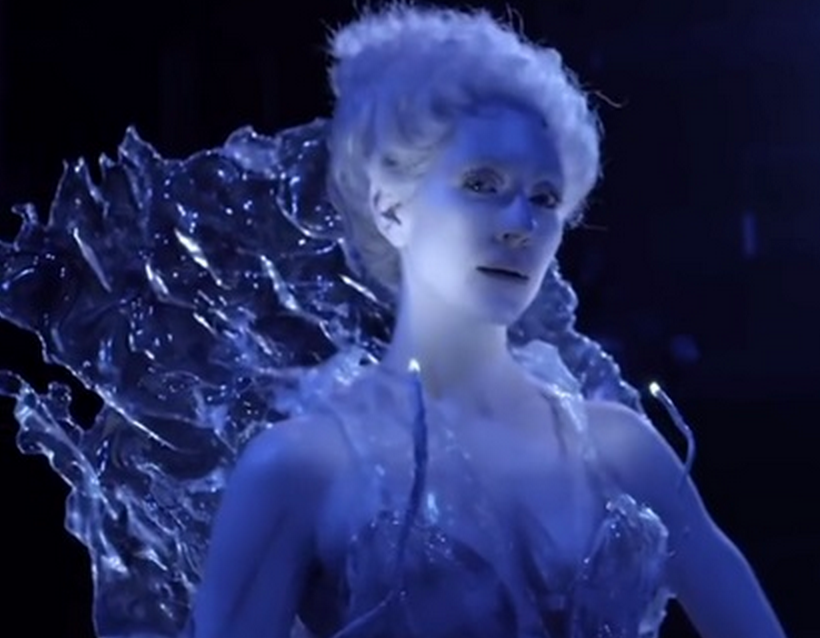 Leave it to Ken Loach to find the pink-o heart of a “Footloose”-style story. In his documentaries and narrative features, the activist director has been a champion of the working class since 1967. Now, in his twenty-fourth and possibly final film (rumors are swirling about his retirement), he has fashioned a fictionalized portrayal of the real-life Jimmy Gralton, a working-class hero who launched a dance hall in a 1930s rural Ireland town against the wishes of local Church officials. A sort of thematic sequel to the 2006 Cannes winner “The Wind That Shakes the Barley,” this arcane chapter in twentieth-century history touches upon all the classic Loach themes – individual liberty, institutional oppression, and, oh yes, collective organizing – while still taking time to smell the Irish roses.
Leave it to Ken Loach to find the pink-o heart of a “Footloose”-style story. In his documentaries and narrative features, the activist director has been a champion of the working class since 1967. Now, in his twenty-fourth and possibly final film (rumors are swirling about his retirement), he has fashioned a fictionalized portrayal of the real-life Jimmy Gralton, a working-class hero who launched a dance hall in a 1930s rural Ireland town against the wishes of local Church officials. A sort of thematic sequel to the 2006 Cannes winner “The Wind That Shakes the Barley,” this arcane chapter in twentieth-century history touches upon all the classic Loach themes – individual liberty, institutional oppression, and, oh yes, collective organizing – while still taking time to smell the Irish roses.
The film begins as Jimmy (Barry Ward, channeling a grizzled glamor that’s all too rare in American male stars) returns to “his two Mas”: Ireland and his mom, who is played by the stalwart Aileen Henry. A decade before, he’d fled to New York when his dance hall had been shut down during the Civil War of 1922-23; while there, he’d developed a passion for jazz that is summoned here in swoony archival footage. Now back, Jimmy claims he just wants to help out on the family farm, but bored teens soon enough lure him into resuscitating his hall as an education center for dance, music, art, sport, and talk – the Celtic basics, in other words. Not surprisingly, the “masters and pastors” (as one character calls resident bigwigs) are not amused. Though the war is technically over, this nation is still stratified by politics and religion, and the Catholic Church considers all matters of education to be under its jurisdiction. Its disapproval, as spearheaded by the glowering Father Sheridan (Jim Norton, an impressive John Lithgow stand-in), gains momentum as Jimmy and his center gains popularity. Complicating matters is Oonagh (Simone Kirby), Jimmy’s former love who’s now married with children. The two were forced to part ways when family matters prevented her from accompanying him to the United States but they still carry torches for each other. Continue Reading →


